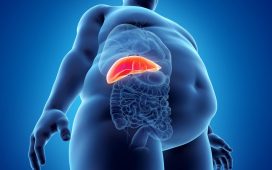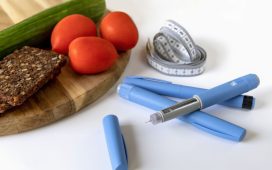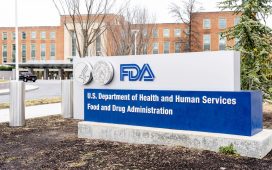Response rate higher for anogenital versus extragenital lichen sclerosus
By Lori Solomon HealthDay Reporter
FRIDAY, July 26, 2024 (HealthDay News) — Hydroxychloroquine appears to be a safe and effective treatment option for anogenital lichen sclerosus that only has mild adverse effects, according to a study published online July 19 in the International Journal of Dermatology.
Christeebella O. Akpala, from the Mayo Clinic in Rochester, Minnesota, and colleagues analyzed the demographic characteristics, clinicopathological features, treatment response, and outcomes of 70 patients diagnosed with either anogenital or extragenital lichen sclerosus who received hydroxychloroquine therapy (2018 to 2023).
The researchers found that 36 percent of patients had a connective tissue disorder, prompting hydroxychloroquine therapy. Of the 30 patients treated solely for lichen sclerosus, 21 showed a response, and nine had no response. The overall response among those with anogenital lichen sclerosus was 84.6 percent compared to 50 percent in extragenital lichen sclerosus. Four months was the median time to initial response. Adverse effects were mostly mild and were seen in 14.3 percent of patients.
“Hydroxychloroquine demonstrates promise as a therapeutic option for anogenital lichen sclerosus because of its favorable response rates and low incidence of adverse effects,” the authors write. “However, further investigations, including larger-scale or prospective studies, are imperative to ascertain its definitive efficacy.”
Abstract/Full Text (subscription or payment may be required)
Copyright © 2024 HealthDay. All rights reserved.








